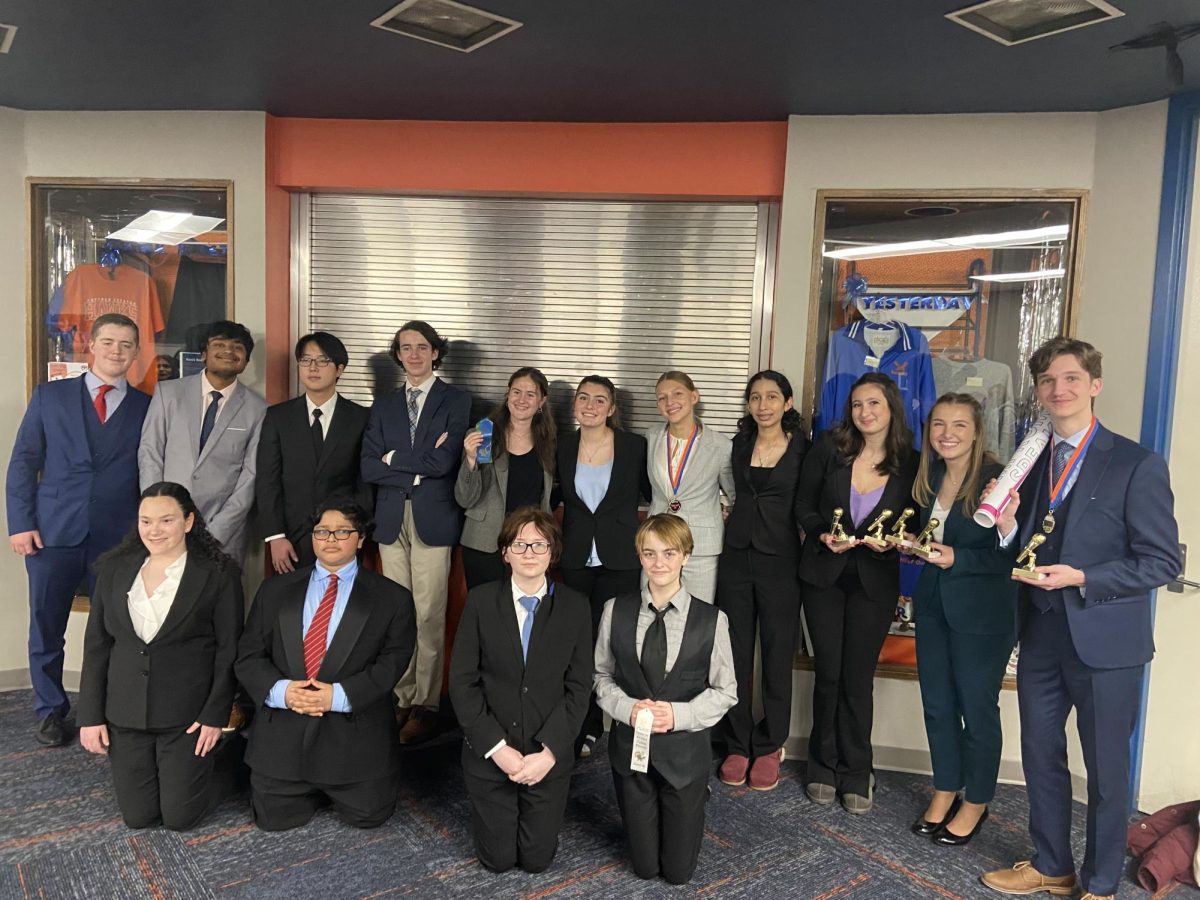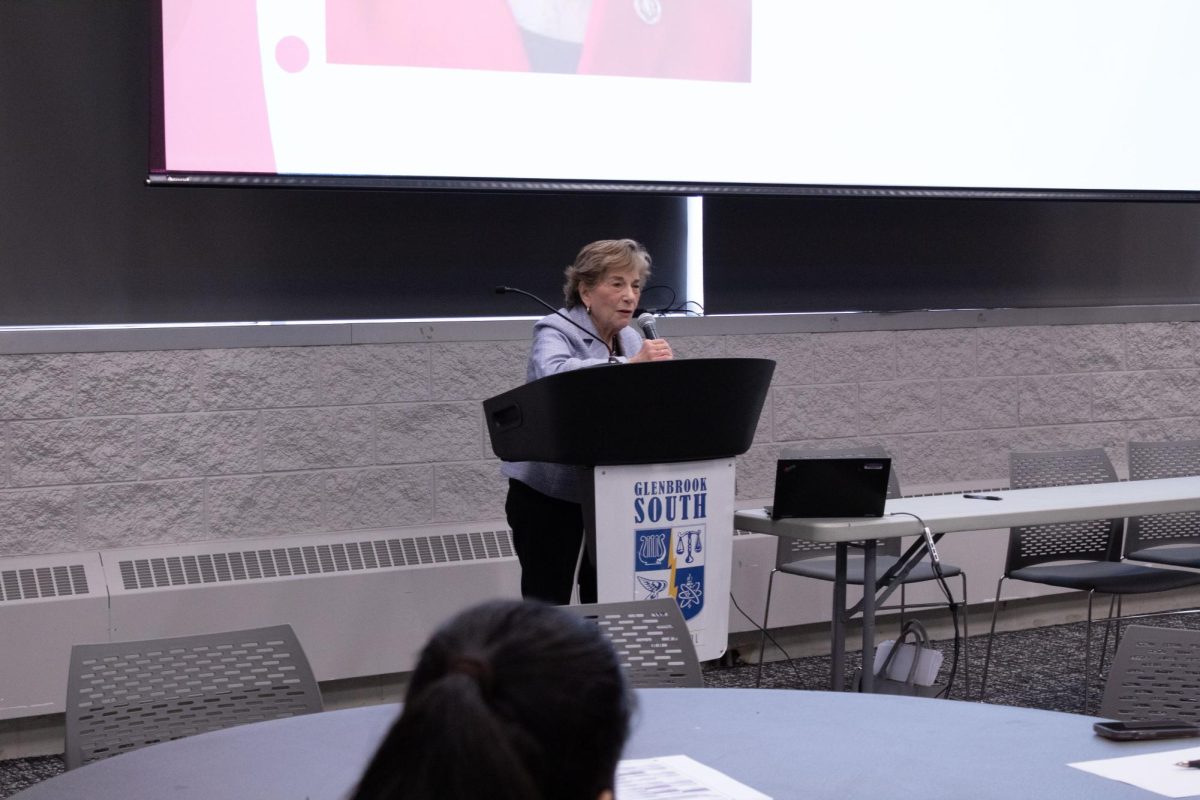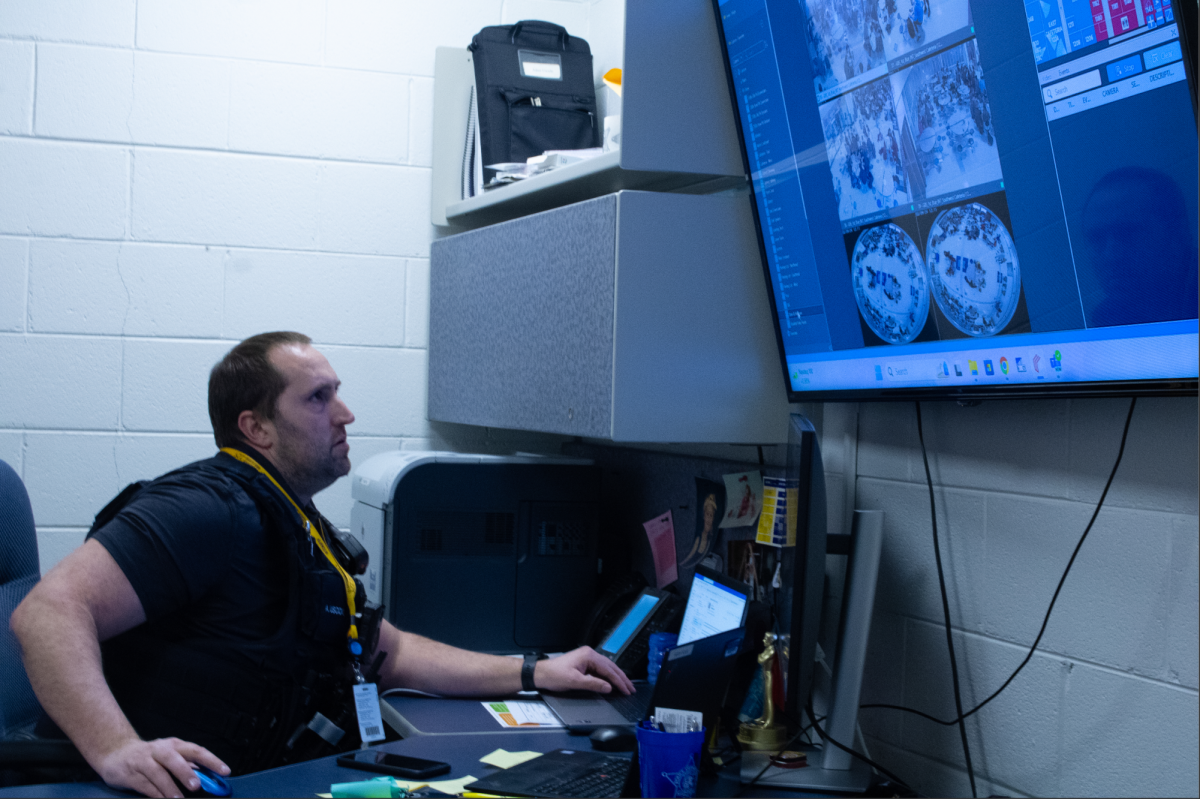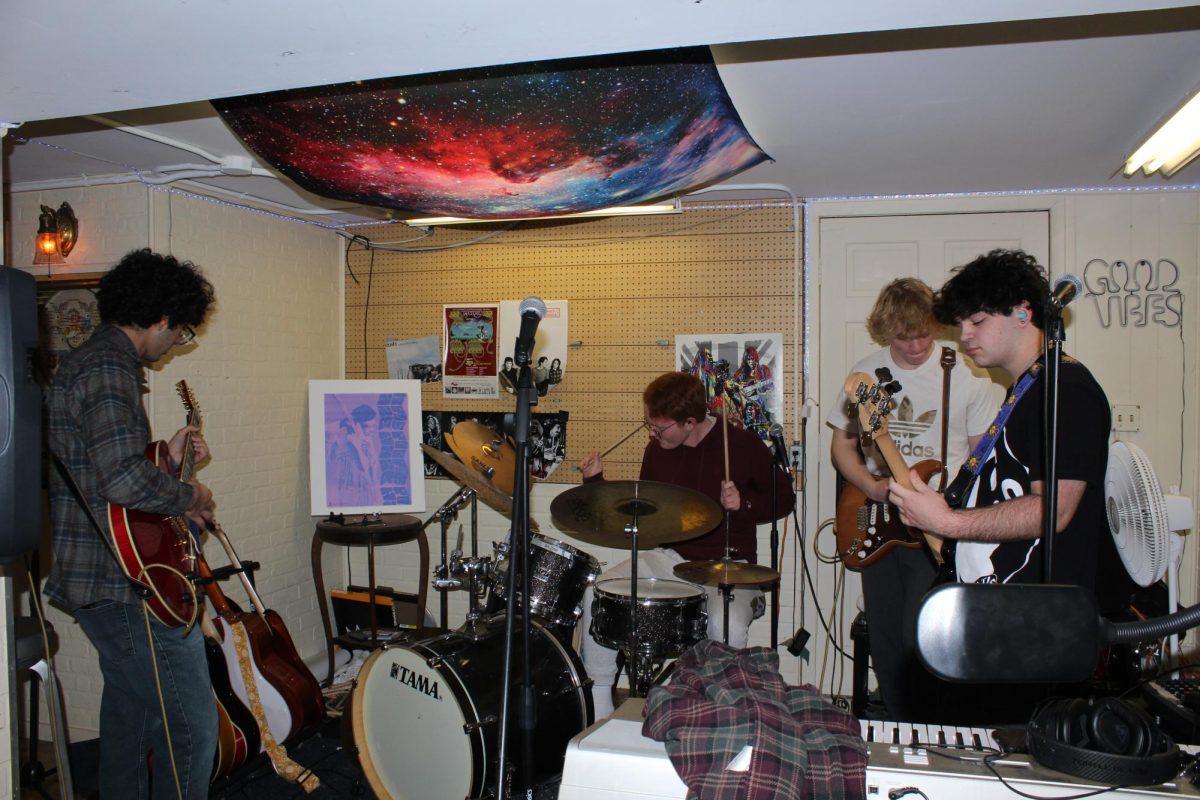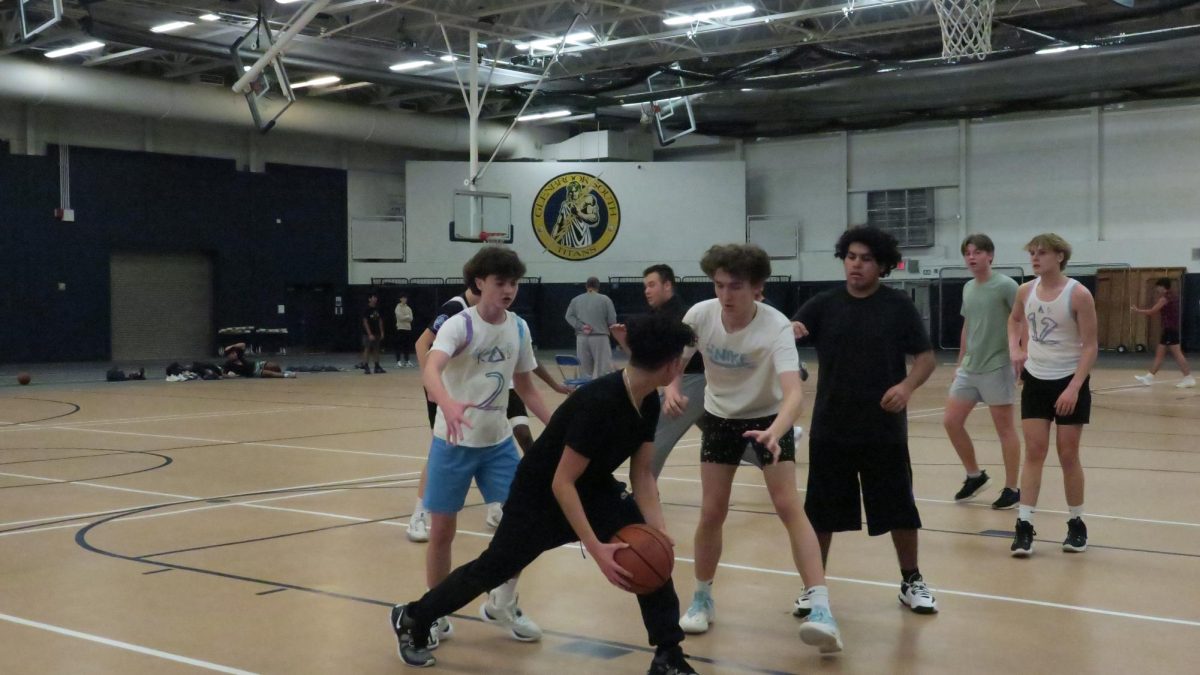District 225 Board of Education and Glenbrook Education Association (GEA) representatives will negotiate teachers’ contracts throughout this school year, following a year which saw highly publicized negotiations in the Chicago Public School (CPS) system.
This is the last year of a five-year contract agreement with GEA for the district. Meetings regarding the revision of teachers’ contracts will begin in early October and continue throughout the school year.
According to Dr. Michael Riggle, District 225 superintendent, contract negotiations will primarily focus on topics such as compensation and contract language. He emphasizes that the contracts will not be discussed outside of the negotiation meetings. Riggle also said that the goal is to have ratified contracts by the end of the school year.
Matt Whipple, president of the GEA, said the teacher evaluation system, which is a result of state legislation, may be discussed during negotiations.
According to Whipple, South originally used a method to evaluate teachers that used a box-checking system with words like “excellent” and “proficient.” Ten to 12 years ago, a new system, which assessed teachers on their strengths and weaknesses, was implemented, according to Whipple. The state recently announced that schools had to revert back to the box-checking model, the model that South will use from now on.
“The state of Illinois, in its infinite wisdom, has said ‘you need to go back to the old system,’” Whipple said. “’And not only do you have to [go] back, but everybody has to go back.’”
South Principal Dr. Brian Wegley explains that in 2016, a new aspect will be required as a part of the teacher evaluation system throughout the state. This will include, in part, using student growth measurement as a component of teachers’ evaluations. Wegley explained that the state requires that the student-growth portion of teacher evaluations will be based on two factors: the first factor could be either a state-wide test, such as EXPLORE/PLAN/PSAE, or it could be an assessment developed by and for an individual district that meets minimum state standards; the second of the two factors used to measure student growth must be assessments that are developed collaboratively with teachers and that are aligned with individual course goals.
Additionally, Dr. Wegley pointed out that, because implementation is not required until 2016, there is still some uncertainty about what exactly schools will be expected to do but that Glenbrook South will continue to work in a thoughtful and collaborative way to do what’s best for students within the requirements put in place by the state.
Although this is an issue District 225 will likely face in four or five years, it is an issue that CPS teachers have to deal with soon. Despite it not being required for four years, CPS teacher evaluations will include student growth within the next year.
Furthermore, student performance in Chicago influences not only teachers’ evaluations but their pay as well.
“Then came another round and [an] ambiguous set of uses for standardized tests, including…applications of test scores for teacher ratings and the assertion that these ratings would somehow, in some part, start determining part of our pay scale,” CPS teacher Nora Flanagan said. “Our heads were spinning. We reached our limit as a group.”
Along with protesting evaluation techniques, CPS teachers were on strike Sept. 12-18 as an attempt to gain back a 4 percent annual salary raise that was rescinded when the Chicago mayor Rahm Emanuel stepped into office, Flanagan said. The CPS school day was also extended and according to Flanagan, teachers were not compensated fairly.
Wegley said that he hopes CPS can resolve any remaining issues.
“Kids are being harmed, and I would hope that whatever differences exist, the students can be pulled out of the middle,” Wegley said. “It’s unfair to education.”
According to Riggle, although the issues of compensation and benefits will not present as much controversy in the District 225 negotiations as they did for CPS, they still need to be discussed and agreed upon. Whipple does not seem concerned about this subject.
“There is not a glaring hole in how we are in [District 225], meaning that we’ve been paid well, we have a good benefits package, and we generally have very good facilities across the board,” Whipple said. “It’s not like CPS where you’re trying to cram 40 people into a classroom and you have less than 40 desks.”
Whipple recalls talking with his niece, a CPS student, who on the first day of school, was among the last to get to her next class. When she got there, there were six people packed in the doorway because there was no place to sit. The one empty desk was in the middle of the classroom, soaked from a leak in the ceiling. This happened every day. The teacher told the students, “You have to get here as fast as you can.”
“Can you imagine?” Whipple said. “That’s just something that doesn’t happen to [South].”
Whipple said that the fact that these situations do not happen in District 225 will ease the negotiation process.
“It will be a tough negotiation because negotiations are always tough,” Whipple said. “We will ask for what we think is fair, but we will also try to determine what they think is fair. Those things don’t always match up, but we have a trusting relationship with the district, in general, and we talk first about things.”
Riggle also feels that both parties involved in the negotiations have common interests and goals.
“We feel very fortunate that we’ve had a good, strong relationship with [the teachers],” Riggle said. “A lot of it’s based on trust. It’s forged usually by the people who sit down at the table with certain common philosophies or principles that help make that happen.”





